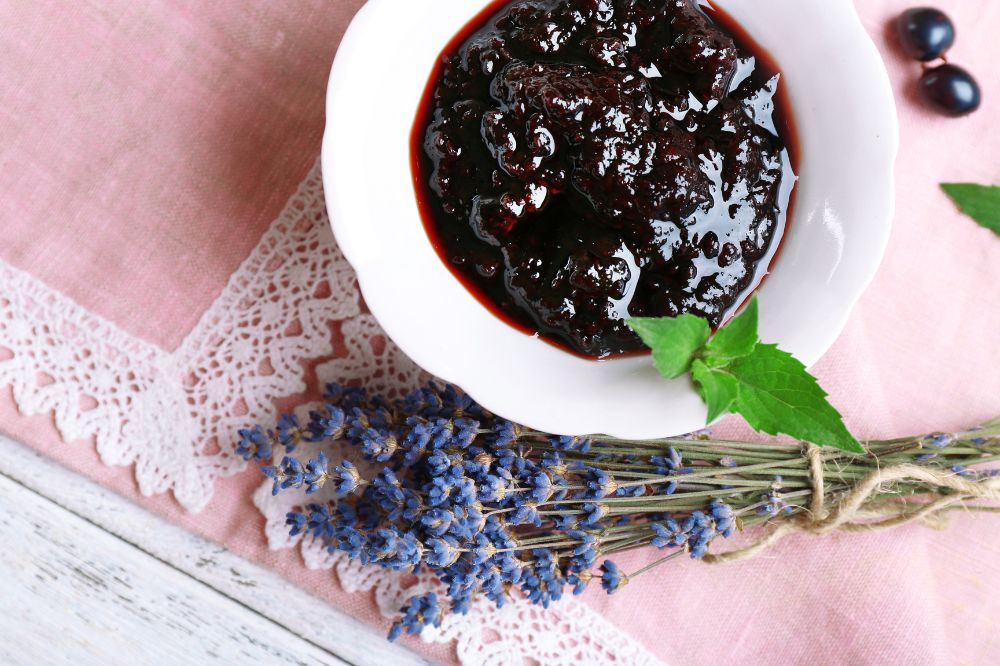
AYURVEDIC FOODS
     Sign in to review this food117 likes Sign in to review this food117 likesTable of ContentsHow Does This Ayurvedic Food Improve Wellness?
CLINICAL AYURVEDIC REVIEWLearn about the health benefits of plum for FREEYou'll receive free access to our entire website including healthy recipes, nutritional diet plans, medicinal uses of ingredients, & ayurvedic health tips. Sign in once and you can use our website indefinitely..Is Plum Good for My Ayurvedic Diet?Find out by taking this free, easy quiz. You'll learn your body type, and whether 'Plum' is a good fit. Complete the basic quiz in 1 minute, or go deeper with additional quizzes at your own leisure to learn more about your body.AYURVEDA'S GUIDE TO VITALITY & WHOLESOME NOURISHMENTYour Ayurvedic diet is tailored to your individual body and your specific imbalances. With an Ayurvedic diet you feel joy and satisfaction because what you are eating truly nourishes and balances you. Disease results from diets and lifestyles that are incompatible with your nature. By eating a personalized diet matched to your body, you experience optimal health. See How it Works.SERVING SIZE: 1/4 c SPECIES: Prunus domestica FAMILY:
Rosaceae MEAL: EAT IN: Biocharacteristics of Plum
Foods with a Similar Nature to PlumPrunes (dried) Prunes (dried) has these Actions in CommonAntioxidant, Diuretic, NutritiveWatermelon Watermelon has these Actions in CommonNutritive, Antioxidant, DiureticMango Mango has these Actions in CommonDiuretic, Nutritive, AntioxidantCarrot Carrot has these Actions in CommonDiuretic, Nutritive, AntioxidantGrape Grape has these Actions in CommonDiuretic, Nutritive, AntioxidantZucchini Zucchini has these Actions in CommonDiuretic, NutritiveCorn Flour Corn Flour has these Actions in CommonDiuretic, NutritiveGrits Grits has these Actions in CommonDiuretic, NutritiveCorn Starch Corn Starch has these Actions in CommonDiuretic, NutritiveCorn Meal Corn Meal has these Actions in CommonDiuretic, NutritiveHerb Supplements with a Similar Nature to PlumAshwagandha Ashwagandha has these Actions in CommonAntioxidant, Diuretic, NutritiveAsparagus root Asparagus root has these Actions in CommonDiuretic, NutritiveSea buckthorn Sea buckthorn has these Actions in CommonNutritive, AntioxidantPunarnasava Punarnasava has these Actions in CommonAntioxidant, DiureticJuniper Berry Juniper Berry has these Actions in CommonAntioxidant, DiureticBala Taila Bala Taila has these Actions in CommonAntioxidant, NutritiveAgrimony Agrimony has these Actions in CommonAntioxidant, DiureticCornsilk Cornsilk has these Actions in CommonNutritive, DiureticMilk Thistle Milk Thistle has these Actions in CommonAntioxidant, DiureticAmritarishta (Amrutharishtam) Amritarishta (Amrutharishtam) has these Actions in CommonAntioxidant, DiureticRed Clover Red Clover has these Actions in CommonNutritive, Diuretic
Joyful Belly is a recognized school of biocharacteristics medicine. TRADITIONALLY INDICATED FOR THESE SYMPTOMSPlum may be beneficial for these symptoms. The suitability of any food for a condition is highly dependent on the individual. Please see your doctor before using this food to treat a medical condition.View Other Ingredients for SummerPlum is recommended for Summer. Check out these other Summer foods here.HOW DOES EATING AYURVEDICALLY MAKE YOU FEEL?Eating Ayurvedically makes you feel nourished and energized. Food digests with ease when right for your body type (dosha). Healthy digestion is seen as the cornerstone of well-being in Ayurveda. Healthy digestion generally prevents illness. If you do get sick, a strong digestive fire reduces the severity of illness and increases your resilience. It also improves your mood. Once you begin eating Ayurvedically, you will feel refreshed, vital and strong.Clinical Tools & Resources
About the Author John Immel, the founder of Joyful Belly, teaches people how to have a healthy diet and lifestyle with Ayurveda biocharacteristics. His approach to Ayurveda is clinical, yet exudes an ease which many find enjoyable and insightful. John also directs Joyful Belly's School of Ayurveda, offering professional clinical training in Ayurveda for over 15 years.John's interest in Ayurveda and specialization in digestive tract pathology was inspired by a complex digestive disorder acquired from years of international travel, as well as public service work in South Asia. John's commitment to the detailed study of digestive disorders reflects his zeal to get down to the roots of the problem. His hope and belief in the capacity of each & every client to improve their quality of life is nothing short of a personal passion. John's creativity in the kitchen and delight in cooking for others comes from his family oriented upbringing. In addition to his certification in Ayurveda, John holds a bachelor's degree in mathematics from Harvard University. John enjoys sharing Ayurveda within the context of his Catholic roots, and finds Ayurveda gives him an opportunity to participate in the healing mission of the Church. Jesus expressed God's love by feeding and healing the sick. That kindness is the fundamental ministry of Ayurveda as well. Outside of work, John enjoys spending time with his wife and 6 kids, and pursuing his love of theology, philosophy, and language. Comments & Impressions of 'Plum'Do you like 'plum'? Why or why not? What makes it unique? Is there something else you'd like to know about 'plum'?117 likes      Sign in to review this food Sign in to review this food
|

Join Joyful Belly.
Want our top Ayurvedic recipes and health tips?Subscribe to our free newsletter!








 On MeWe
On MeWe On Pinterest
On Pinterest On Facebook
On Facebook On Twitter
On Twitter On WhatsApp
On WhatsApp On Email
On Email CREATE A RECIPE WITH IT
CREATE A RECIPE WITH IT COMPARE IT
COMPARE IT








